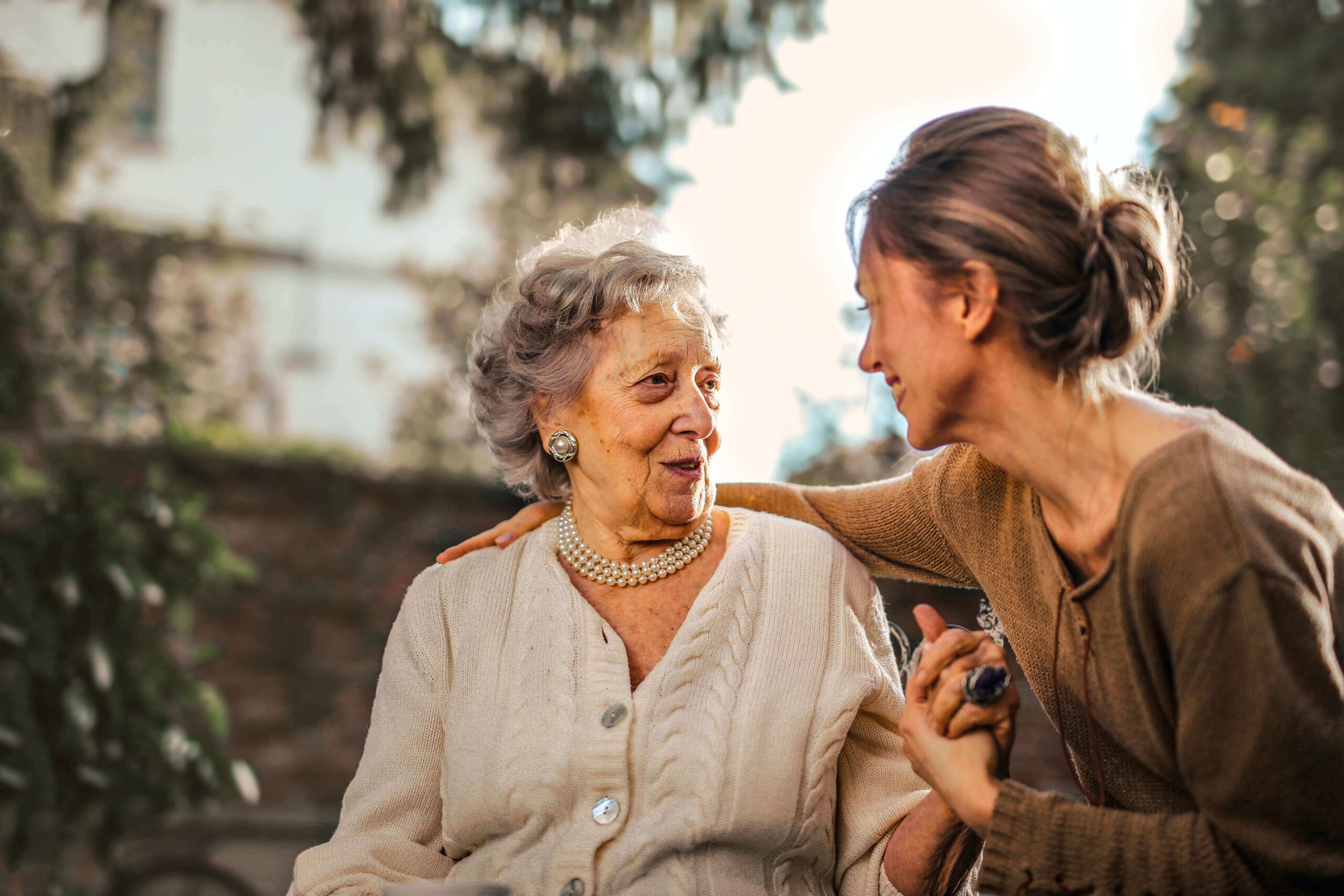
Find the resources you need by using keyword search and clicking enter or by filtering by category.
All Resources
join the community
VERIFIED businesses
Top Required Services
There is an old saying, “Getting old isn’t for the faint of heart.” That is true. There are five stages to aging, and resources are available for each phase. The big question is, what are the top required services for seniors?
- Personal care and caregiving
- Safety and mobility
- Healthcare
- Social interaction
- Money management
Looking at this list, all seem manageable; until considering costs. Only some things are covered by insurance once people realize medical versus non-medical expenses. Most services for aging loved ones’ are non-medical. People question why they are non-medical since they need assistance because of their medical condition, so it feels intertwined, but they are considered different.
What are the top required medical services?
Healthcare is the obvious category. People must find a doctor they feel comfortable with but who is knowledgeable and good. As a loved one ages, consider a Geriatric Specialist since they can spend more time with their patients and know what challenges people face as they age.
Another essential resource is a nutritionist. Understanding nutrition for anyone diagnosed with heart conditions, diabetes, or cancer can reduce a person’s medical risks.
Safety and mobility are essential too, and this is where a physical therapist, occupational therapist, or social worker can help. Sometimes, a doctor prescribes home health for qualified individuals, where an agency can go to the person’s home to provide physical therapy, occupational therapy, or social worker services. Skilled Nursing Facilities (SNF) also offer these services.
What are the top non-medical services?
Personal care or caregiving is a top priority. As most age, centenarians have difficulty accomplishing daily activities and need help with their Activities of Daily Living (ADLs). Bringing in a caregiver can help with the ADLs, plus help with shopping, meal prep, and transportation for appointments. In addition, it’s good to have a set of eyes on an aging loved one to address their needs.
Safety and mobility are always essential factors to consider too. Geriatric coordinators are an excellent resource for making recommendations for a house. They recommend installing grab bars, railings, or a ramp, and they might indicate a shower chair or handheld shower head, plus more. All of these suggestions are to ensure the resident is safe.
Equally important is social interaction. A few ways to help with socialization is where involvement with senior community centers or religious organizations is helpful, allowing the person to interact with others and reduce loneliness. Of course, having family and friends visit too is useful.
While all this is going on, money management is the key. Ultimately, people need to pay for various out-of-pocket services, and the most costly are caregiving and senior housing. It is essential to understand what is covered by insurance, what is out of pocket, and which financial resources are available if someone needs help. Therefore, it is also essential to know which non-profits and government agencies are accessible.
Do not become overwhelmed by aging; let STAGES be your resource.
top verified companies
@2024 STAGES FOR LIFE, LLC. Designed Intentionally by MOK
information
sales@stagesforlife.com
Articles
Government
verified businesses
Medical Services
Get Verified
Contact
Privacy Policy
Terms and Conditions
Downsizing
Housing and Care Services
Non-Profit
Professional Services
Medical Services
Professional Services
Non-Profit
Housing & Care Services
Government
Downsizing
Events
Newsletter